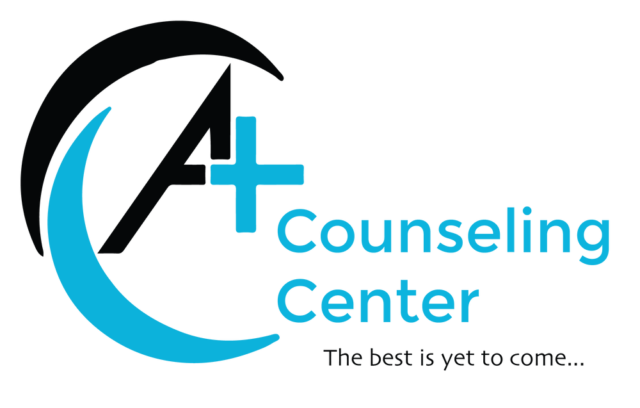
More Addiction Articles
Navigating Sobriety In the New Year

Strategies for Maintaining Resolutions and Overcoming Triggers
As we usher in the New Year, many individuals embark on a journey towards sobriety, seeking positive change and improved mental health. Navigating this path requires resilience, commitment, and a strategic approach to overcoming triggers that may threaten one’s resolve. In this article, we will explore effective strategies for maintaining resolutions and navigating the challenges of sobriety.
Understanding Triggers
Identifying and understanding triggers is a crucial first step in maintaining sobriety. Triggers can be environmental, emotional, or social cues that prompt the desire to engage in substance use. By recognizing these triggers, individuals can develop coping mechanisms to mitigate their impact and bolster their commitment to sobriety.
Build a Support System
Establishing a strong support system is instrumental in navigating the challenges of sobriety. Surround yourself with friends, family, or support groups that understand and encourage your journey. Share your goals and concerns openly, and seek help when needed. Connecting with others who have similar experiences can provide invaluable insights and a sense of community.
Set Realistic Goals
Resolutions should be realistic and achievable to avoid setting oneself up for failure. Break down long-term goals into smaller, manageable steps, creating a sense of accomplishment along the way. Celebrating these milestones reinforces commitment and motivation, making the journey towards sobriety more sustainable.
Develop Healthy
Coping Mechanisms
Replacing unhealthy coping mechanisms with healthier alternatives is essential in maintaining sobriety. Engage in activities that bring joy, relaxation, and fulfillment, such as exercise, meditation, or creative pursuits. These positive outlets not only distract from triggers but also contribute to overall mental well-being.
Create a Structured Routine
Establishing a structured daily routine can provide stability and reduce the likelihood of succumbing to triggers. Plan activities, meals, and sleep patterns to create a sense of order and purpose. A well-organized routine minimizes idle time, decreasing the chances of succumbing to cravings or triggers.
Mindfulness and Stress Reduction
Practicing mindfulness and stress reduction techniques can significantly contribute to maintaining sobriety. Mindfulness exercises, such as meditation and deep breathing, help individuals stay present and manage stress without resorting to substance use. Incorporating these practices into daily life fosters resilience and emotional balance.
Seek Professional Guidance
Professional guidance is invaluable in the journey towards sobriety. Therapists, counselors, or support groups provide a safe space to explore underlying issues, develop coping strategies, and receive ongoing encouragement. Seeking professional help is a proactive step towards a healthier, more fulfilling life.
Navigating sobriety in the New Year requires a multifaceted approach, incorporating self-awareness, support systems, and healthy coping mechanisms. By understanding triggers, setting realistic goals, and embracing positive lifestyle changes, individuals can overcome obstacles and foster lasting change in their lives. Remember, the journey towards sobriety is a continuous process, and every step forward is a triumph worth celebrating.
Other Articles You May Find of Interest...
- Five basic yoga poses to aid your addiction recovery
- 5 Tips on How to Set Boundaries With Alcohol
- What Are the Top 10 Most Commonly Abused Substances in the World?
- Benefits Of Holistic Recovery For Drug Rehab In New Jersey
- Alcohol Use Disorder: Comparing the Suitability of Inpatient vs. Outpatient Treatment
- The Intersection of Mental Health and Addiction: Strategies for Dual Recovery
- The Importance of Professional Help in Addiction Recovery

















